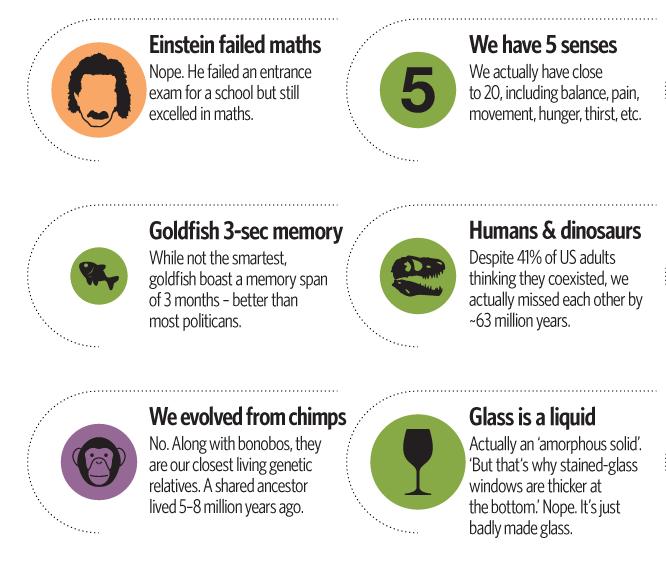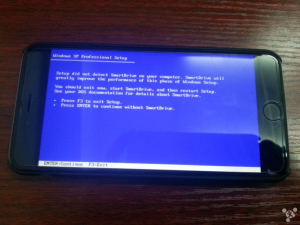I knew my passion was drama and writing and while I went the wrong way for a time, I still think I was lucky to have these obsessions that I could eventually do something with. I don’t often like to use the word lucky to do with writing because it isn’t luck or chance, I wanted what I do now and I worked for it and I got it. But I started from the advantage of know what I wanted to do, even as I didn’t think I could do it. It’s much more common to not have a single clue.
It’s much more common still to then feel that the answer is to find this thing you’re passionate about, then you could do it, then you could be as happily workaholic as I am. And by extension, if you can’t find it, you can’t. Writer Oliver Emberton has a smart piece about this:
Too many of us believe in a magical being called ‘passion’. “If only I could find my passion”, we cry. “Finding my passion would make me happy”.
Well, passion is real, and very powerful. But almost everything people believe about finding it is wrong.
Childhood is where passion goes to die
In theory childhood provides a great opportunity to try a bit of everything, find your talents, and with them, your passions.
But think for a moment how badly the system is stacked against you. Say school lets you try 20 subjects, ranking you against thousands of other children. Those aren’t good odds. Most kids are, by definition, around average. And it doesn’t matter how much we improve education, because people need to feel exceptional to feel passionate, and improving education simply moves up the average.
Say you’re one of the lucky ones, and you’re top of your junior math class. The education system will keep rising your difficulty until you find a level – like college – where you’re not exceptional anymore. Even if you actually are objectively pretty great, once you feel merely average, you’ll find your passion slipping.
And that’s if you’re lucky. What if your passion was for art? From an early age that passion is compromised by its social consequences. “It’s hard to make a living from painting” say your parents. “Your cousin is doing so well from engineering. Why can’t you be more like him?” And so you put your passions to one side, and let them wither.
In a population of billions, it’s obvious that not everyone can be unusually great at a handful of academic subjects. What if your true skills are in speechwriting, or creative dance, or making YouTube commentaries of videogames? None of those things are even on the syllabus.
And so most people grow up without much passion for anything.
How to find your passion – Oliver Emberton, personal blog (undated but probably 10 November 2014)
Makes me think of UK Education Minister Nicky Morgan’s asinine comments about arts subjects. Which then makes me think of poet Jo Bell’s calmly smart and classy rebuttal.
But back to the passion point. Emberton presents that as one of several rules to getting beyond the passion issue. Read the full piece for the rest of the rules plus some apposite illustrations.


